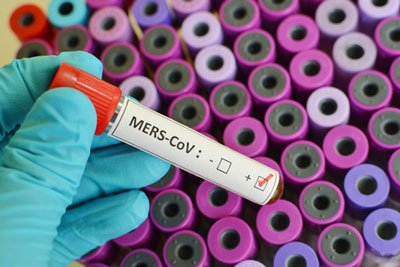MERS-CoV vaccine successfully tested in monkeys and camels
Posted: 20 August 2015 | Victoria White
Scientists have reported that an experimental vaccine given six weeks before exposure to MERS-CoV fully protects rhesus macaques from disease…


Scientists from the US National Institutes of Health (NIH) have reported that an experimental vaccine given six weeks before exposure to Middle East respiratory syndrome coronavirus (MERS-CoV) fully protects rhesus macaques from disease.
The vaccine also generated potentially protective MERS-CoV antibodies in blood drawn from vaccinated camels.
MERS-CoV is a newly emerging disease that remains poorly understood. Much about the behaviour of the virus remains shrouded in scientific uncertainty, though evidence is mounting that camels can transmit the virus to humans through close contact. Typical symptoms include fever, cough and shortness of breath. Pneumonia is common, but not always present. Gastrointestinal symptoms, including diarrhoea, have also been reported. The disease has sickened more than 1,400 people and killed 500, mostly in the Middle East and Asia.
The MERS-CoV vaccine uses S spike protein to generate immunity
Led by NIH-funded University of Pennsylvania scientists, the research team developed the investigational MERS vaccine by learning from previous vaccine studies of another coronavirus that causes severe acute respiratory syndrome (SARS). SARS sickened more than 8,000 people and killed more than 700 in 2003. The experimental MERS vaccine uses the S spike protein to generate immunity; because MERS-CoV undergoes mutations, the scientists created a “consensus” S protein by comparing all available MERS-CoV protein sequences. This synthetic protein has shown broad protection against different MERS-CoV types, the scientists report.
The rhesus macaques received low -or -high doses of the vaccine, although results showed no significant differences between the groups and antibody responses appeared after one or two immunizations regardless of dose. Next, the group plans to explore how to condense the six-week timeframe to establish protection, and they are hopeful the vaccine will become a candidate for use in camels and people.
A study detailing the synthetic DNA vaccine appears in Science Translational Medicine.
Related conditions
Middle East respiratory syndrome coronavirus (MERS-CoV)
Related organisations
National Institutes of Health (NIH)


